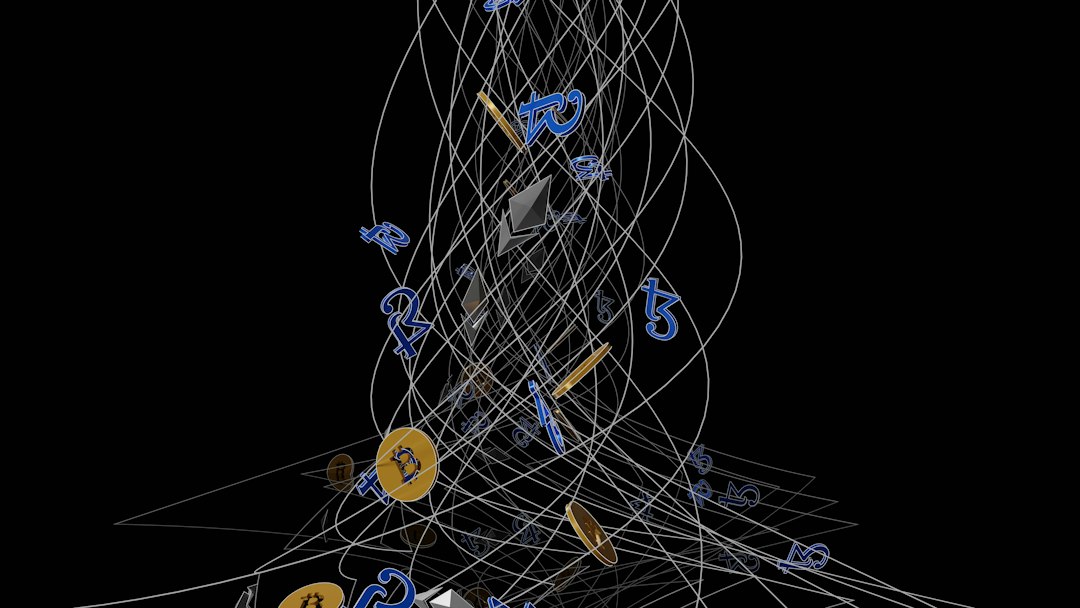A Judge Orders Asset Freeze on Former Celsius CEO Alex Mashinsky
A judge has recently issued an order to freeze various bank accounts and a residential property owned by Alex Mashinsky, the former CEO of Celsius. This action comes as Mashinsky faces criminal charges for allegedly defrauding Celsius investors. Although he asserts his innocence, he was arrested in July on multiple counts, including securities fraud.
Judge Rakoff Quietly Halts Mashinsky’s Asset Drain
Judge Jed Rakoff discreetly prohibited financial institutions from selling assets held in specific Goldman Sachs accounts under Mashinsky’s name. Additionally, a home in Austin, Texas, tied to the embattled crypto mogul was also frozen. The court order was initially sealed to prevent Mashinsky from emptying the accounts, but it has now been made public.
This asset freeze prevents Mashinsky from accessing his savings and real estate, significantly impacting his ability to cover legal defense expenses. Despite being released on a $40 million bond after his arrest, he continues to maintain his innocence. Mashinsky faces allegations of multibillion-dollar fraud and market manipulation schemes.
Mashinsky’s Alleged False Statements Regarding CEL Sales
The Department of Justice indictment accuses Alex Mashinsky of making false public statements about the sales of CEL, Celsius’s native token. If convicted on multiple fraud charges, Mashinsky and Celsius executive Roni Cohen-Pavon could face lengthy prison sentences. Mashinsky’s legal team strongly denies these allegations, referring to them as baseless.
Regulators assert that Celsius’s CEL token and Earn product were unregistered securities unlawfully sold to retail customers. As investigations by the SEC, CFTC, and FTC continue, Mashinsky finds himself fighting the charges without access to his assets. The asset freeze, authorized by Judge Rakoff, ensures that the government can pursue potential fines and restitution if the former crypto billionaire is found guilty.
Hot Take
The asset freeze ordered by the judge represents a significant blow to Alex Mashinsky’s defense and financial stability. With limited access to his funds and properties, his ability to mount a strong legal defense may be compromised. This case highlights the importance of regulatory oversight in the cryptocurrency industry, as fraudulent activities can have serious consequences for investors and the overall market. As the legal proceedings unfold, it remains to be seen how Mashinsky’s defense will fare against the allegations of fraud and market manipulation.





 By
By
 By
By
 By
By
 By
By
 By
By
 By
By